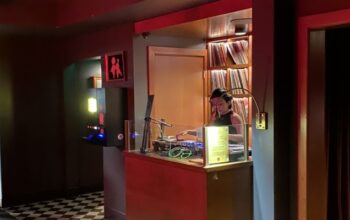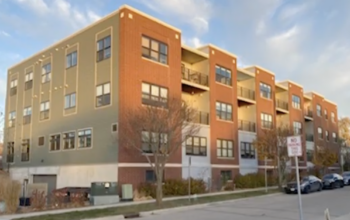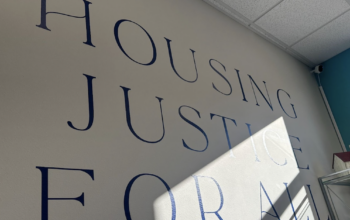Since it grew out of Madison’s Latino Family Resource Center in 2010, the Latino Academy of Workforce Development has provided general education, workforce training, and safety programs to a community hungry for learning opportunities.
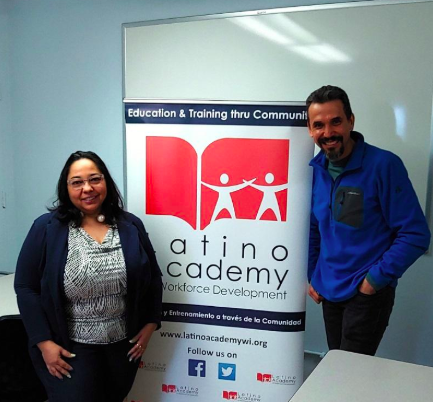
Before the Latino Academy’s inception, Latino Family Resource Center coordinators like Baltazar de Anda Santana provided basics like food and English classes to Madison’s Latinx population. But there was a growing desire among the LFRC’s clients for something more substantial.
“There were the participants who were okay receiving the help, but there were other participants who were more interested in learning how to do things,” said de Anda Santana, now executive director of the Latino Academy.
The effort to make clients self-sufficient came not from coordinators but from the clients themselves. “The participants wanted that, they wanted to be the ones to learn English, they wanted to learn computers,” de Anda Santana said.
The LFRC quickly found Madison’s Latino community had a voracious appetite for their classes.
“Instead of our students going to Madison College, they came to our computer classes because, they always told us, they felt at home,” de Anda Santana said.
At the time, though, the program lacked funding to hire more teachers, so the coordinators had to improvise. They trained graduates of the beginner classes to teach those same lessons to new students, and once the program received funding those student-teachers were hired as official instructors. The Latino Academy still uses this model when possible to ensure its teachers understand the community.
A community-oriented volunteer culture permeates the organization. In addition to instructing students, community members provide things like food and childcare to reduce their students’ burdens. The Latino Academy also partners with city, county, and state governments as well as non-profit groups like the United Way of Dane County.
The Academy currently serves about 500 students and tries to ensure they receive more than just job skills. The organization teaches a wide range of courses including Spanish GED programs, workplace English courses, and commercial driver’s license (CDL) training. They also offer training for construction and restaurant safety and management.
A holistic educational approach is the goal, however; de Anda Santana said he wants students to have “a good experience, a good life,” rather than learning skills without growing as people.
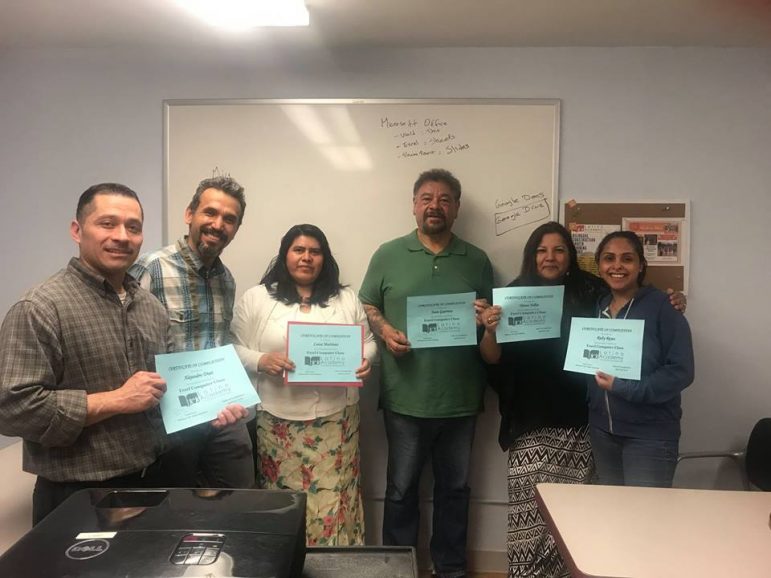
The ultimate goal is to graduate students and help them find jobs. The community’s current obstacles to education can sometimes make this easier said than done. Latino Academy’s students are usually immigrants, ranging from teenagers to the elderly, and often already work multiple jobs. Some students’ uncertain immigration statuses, amid nationwide crackdowns by U.S. Immigration and Customs Enforcement, can also make them afraid to attend.
Latino Academy, nevertheless, continues to grow. The organization currently operates as part of the Vera Court Neighborhood Center but is in the process of becoming certified as its own non-profit group. The organization is also looking for their own larger space. Currently, the Academy shares a building with the Bridge-Lakepoint-Waunona Neighborhood Center.
De Anda Santana’s long-term goal, however, is to make Latino Academy a bridge to higher education and lucrative careers rather than just jobs.
“I want [our students] to go to UW,” de Anda Santana said. “I want [Latinos] to have the same opportunities that [other communities] have.”
Want to get involved? The Latino Academy is always looking for volunteers, especially if you’re bilingual. You can also donate here. Finally, if you have an idea or skill that could help the Academy’s students, you can contact the organization here.

